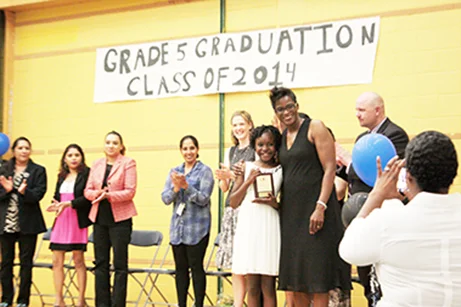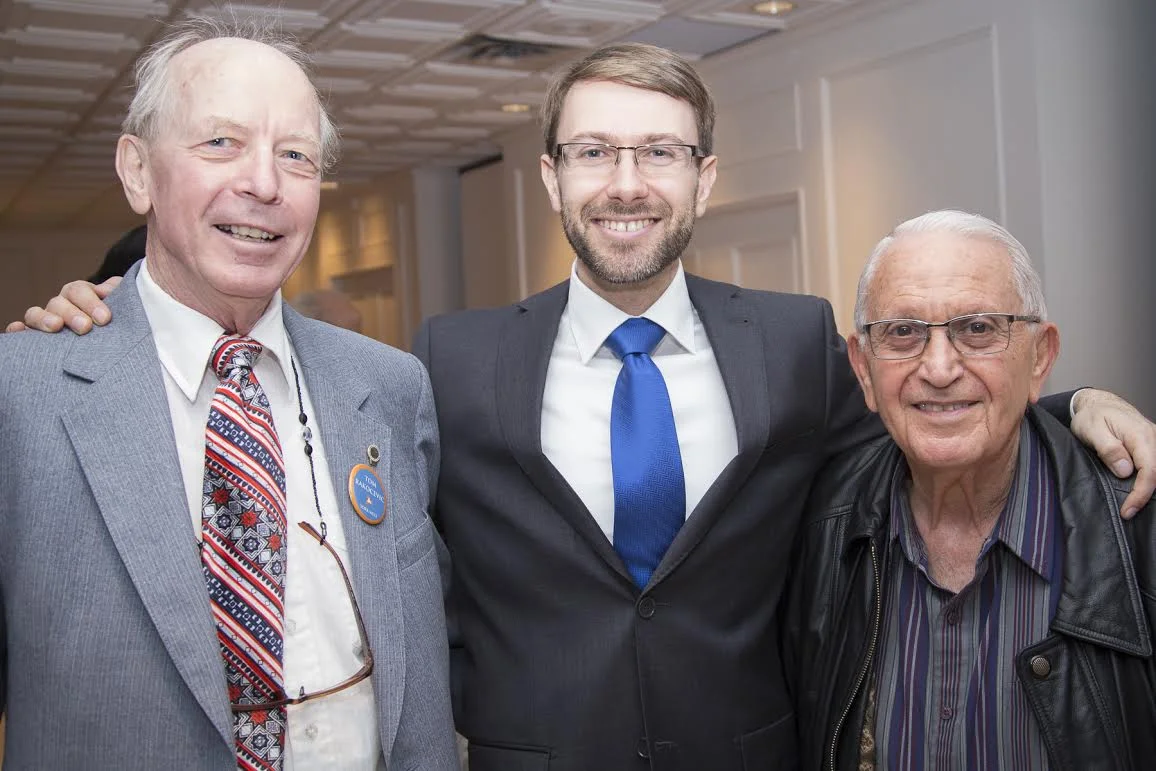The dust has settled after a feisty spring election where a minority of Ontarians (39 per cent) elected a majority provincial government to represent them at Queen's Park. Although 61 per cent of Ontario voters desired political change during the election, Kathleen Wynne's Liberals now hold 54 per cent of the seats in provincial parliament.
 Canadians witnessed a similar occurrence in the 2011 federal election where Stephen Harper’s Conservatives won a majority government with little under 40 per cent of the popular vote. Like Harper in Ottawa, Wynne has much liberty when it comes to routing the course of Ontario over the next four years.The will of many voters is effectively omitted because of our current electoral system, called "first-past-the-post". If one’s candidate of choice did not win in their community, then their vote is considered to be lost. It is no wonder that voters feel so disenfranchised about elections and will commonly say "What's the point in voting? My vote doesn't matter anyway." This was certainly the case in our community where our MPP won with only 11,867 votes while 33,561 chose not to vote at all.This system encourages what is called "strategic voting" which entails voting for a candidate, not one’s first choice but the one more likely to win and block the least preferred candidate. In Ontario, many who were unhappy with the provincial government plugged their nose and voted for Wynne in order to stop the Hudak agenda.Strategic voting is commonly abused by politicians who encourage it in places where it makes little sense. Here in York West and in downtown Toronto, the Conservatives generally rank a distant third with 10 per cent of the vote, yet many people are still encouraged to block Conservatives with their vote.How can a system that ignores Ontario’s voters still be deemed democratic?In 2005, the Election Amendment Act was passed and Elections Ontario convened the Citizen's Assembly on Electoral Reform to report back on whether electoral reform was in fact needed. The Assembly recommended a system of "proportional representation" where all votes count and the seats in provincial parliament would reflect the overall election results. This system was proposed to Ontarians as a referendum question during the 2007 provincial election where voters were presented with a second ballot which asked:"Which electoral system should Ontario use to elect members to the provincial legislature?• The existing electoral system (First-Past-the-Post)• The alternative electoral system proposed by the Citizens’ Assembly (Mixed Member Proportional)"Leading up to the 2007 election/referendum, a poll taken by Strategic Counsel showed 88% of respondents either knew "nothing" or only "a little" about the new system. Ontarians should have been provided with an expanded version of the ballot question with corresponding definitions and examples in order for there to have been a definite distinction between the two systems. Needless to say, the referendum failed, although 1.6 million Ontarians (37 per cent) were in support of changing the electoral system. Ironically, Wynne required 1.9 million votes to win a majority government.Every Ontarian's voice is valid, therefore every vote should count in an election. These past provincial and federal elections highlight the need for a vital change in our electoral system so that people can vote with a clear conscience and choose the person and party that they truly want the most - whether it is Liberal, NDP, Conservative, Green or other.In a time where fewer and fewer people vote, every necessary step needs to be taken in order to empower voters. Perhaps, if Ontarians felt that their vote could count, they would take the time to vote. By Jessica Pointon
Canadians witnessed a similar occurrence in the 2011 federal election where Stephen Harper’s Conservatives won a majority government with little under 40 per cent of the popular vote. Like Harper in Ottawa, Wynne has much liberty when it comes to routing the course of Ontario over the next four years.The will of many voters is effectively omitted because of our current electoral system, called "first-past-the-post". If one’s candidate of choice did not win in their community, then their vote is considered to be lost. It is no wonder that voters feel so disenfranchised about elections and will commonly say "What's the point in voting? My vote doesn't matter anyway." This was certainly the case in our community where our MPP won with only 11,867 votes while 33,561 chose not to vote at all.This system encourages what is called "strategic voting" which entails voting for a candidate, not one’s first choice but the one more likely to win and block the least preferred candidate. In Ontario, many who were unhappy with the provincial government plugged their nose and voted for Wynne in order to stop the Hudak agenda.Strategic voting is commonly abused by politicians who encourage it in places where it makes little sense. Here in York West and in downtown Toronto, the Conservatives generally rank a distant third with 10 per cent of the vote, yet many people are still encouraged to block Conservatives with their vote.How can a system that ignores Ontario’s voters still be deemed democratic?In 2005, the Election Amendment Act was passed and Elections Ontario convened the Citizen's Assembly on Electoral Reform to report back on whether electoral reform was in fact needed. The Assembly recommended a system of "proportional representation" where all votes count and the seats in provincial parliament would reflect the overall election results. This system was proposed to Ontarians as a referendum question during the 2007 provincial election where voters were presented with a second ballot which asked:"Which electoral system should Ontario use to elect members to the provincial legislature?• The existing electoral system (First-Past-the-Post)• The alternative electoral system proposed by the Citizens’ Assembly (Mixed Member Proportional)"Leading up to the 2007 election/referendum, a poll taken by Strategic Counsel showed 88% of respondents either knew "nothing" or only "a little" about the new system. Ontarians should have been provided with an expanded version of the ballot question with corresponding definitions and examples in order for there to have been a definite distinction between the two systems. Needless to say, the referendum failed, although 1.6 million Ontarians (37 per cent) were in support of changing the electoral system. Ironically, Wynne required 1.9 million votes to win a majority government.Every Ontarian's voice is valid, therefore every vote should count in an election. These past provincial and federal elections highlight the need for a vital change in our electoral system so that people can vote with a clear conscience and choose the person and party that they truly want the most - whether it is Liberal, NDP, Conservative, Green or other.In a time where fewer and fewer people vote, every necessary step needs to be taken in order to empower voters. Perhaps, if Ontarians felt that their vote could count, they would take the time to vote. By Jessica Pointon










